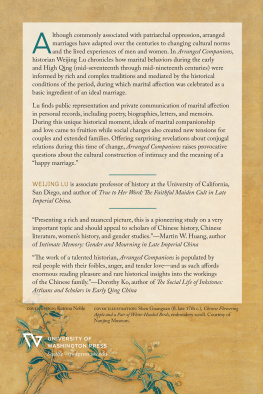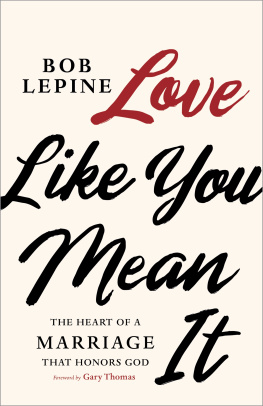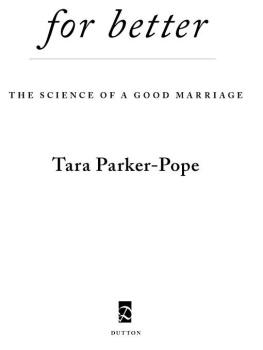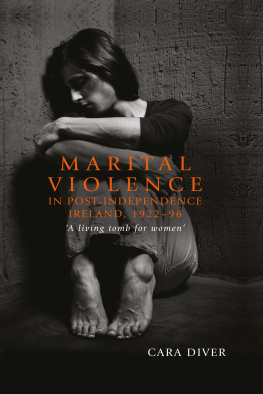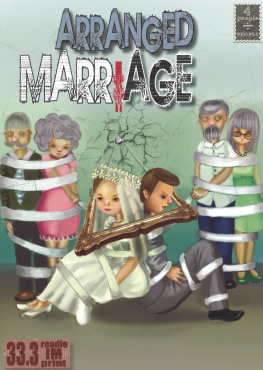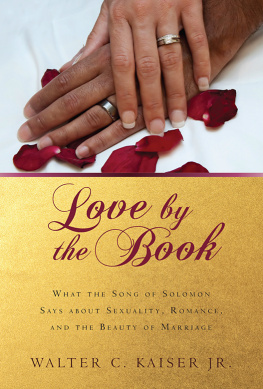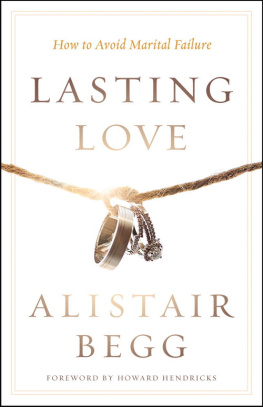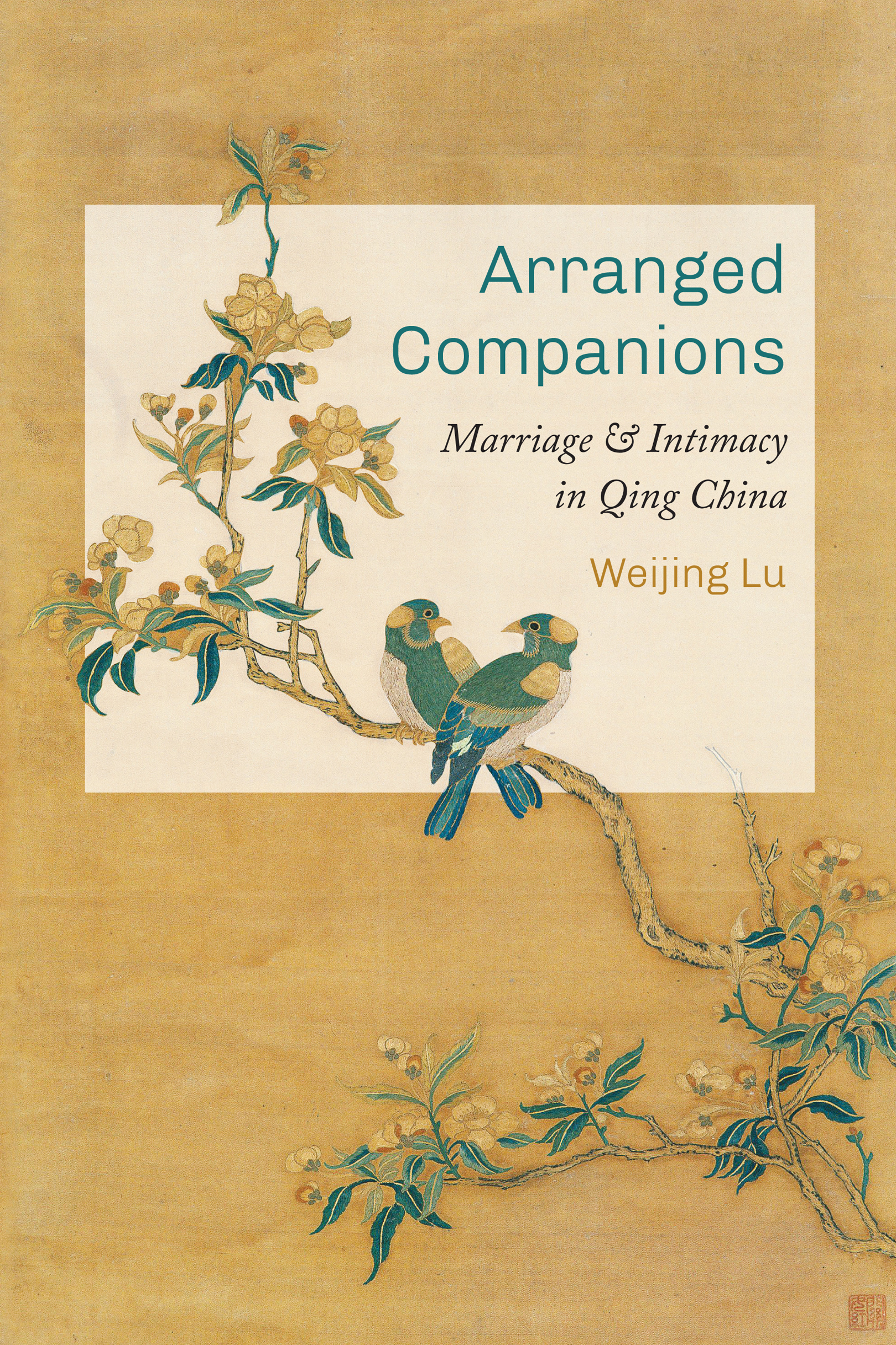Contents
Guide
Pagebreaks of the print version
Arranged Companions
Marriage and Intimacy in Qing China
WEIJING LU
UNIVERSITY OF WASHINGTON PRESS
Seattle
Copyright 2021 by the University of Washington Press
Composed in Minion Pro, typeface designed by Robert Slimbach
252423222154321
Printed and bound in the United States of America
All rights reserved. No part of this publication may be reproduced or transmitted in any form or by any means, electronic or mechanical, including photocopy, recording, or any information storage or retrieval system, without permission in writing from the publisher.
UNIVERSITY OF WASHINGTON PRESS
uwapress.uw.edu
Chapter epigraphs from pages 1, 2, 78, 1213, 29, and 5556 of Shen Fu, Six Records of a Life Adrift, translated by Graham Sanders (Hackett 2011). Reprinted by permission of Hackett Publishing Company, Inc. All rights reserved.
LIBRARY OF CONGRESS CATALOGING-IN-PUBLICATION DATA
Names: Lu, Weijing, author.
Title: Arranged companions : marriage and intimacy in Qing China / Weijing Lu.
Description: Seattle : University of Washington Press, [2021] | Includes bibliographical references and index.
Identifiers: LCCN 2020056570 (print) | LCCN 2020056571 (ebook) | ISBN 9780295749112 (hardcover) | ISBN 9780295749129 (paperback) | ISBN 9780295749136 (ebook)
Subjects: LCSH: Arranged marriageChinaHistory. | ChinaHistoryQing dynasty, 16441912
Classification: LCC HQ802 .L89 2021 (print) | LCC HQ802 (ebook) | DDC 392.50951dc23
LC record available at https://lccn.loc.gov/2020056570
LC ebook record available at https://lccn.loc.gov/2020056571
The paper used in this publication is acid free and meets the minimum requirements of American National Standard for Information SciencesPermanence of Paper for Printed Library Materials, ANSI Z39.481984.
To my parents
Lu Ximing(19261999)
Si Chaxiang(1931)
CONTENTS
ACKNOWLEDGMENTS
Years ago, while a doctoral student taking a course on the Chinese family at the University of California, Davis, I received an unexpected call. It was from my professor, G. William Skinner, who wanted to come meet me immediately at my student apartment and discuss a research paper that I had just submitted for the class. That conversation eventually led to the publication of Uxorilocal Marriage among Qing Literati, my first work on marriage. I had no idea at the time that this conversation would also set the direction of my academic journey. For the past two decades, my research has only occasionally veered from the subject of family and marriage.
A wonderful community of mentors, friends, and colleagues have accompanied me during this journey. Over the years that I worked on Arranged Companions, I continuously received the kind of support that Professor Skinner exemplified. The guidance of my teacher, Susan Mann, has been vital in helping me think through some of the major issues of this book. I am also deeply indebted to Beverly Bossler, who has provided invaluable advice, and to Dorothy Ko, whose encouragement has been a great source of inspiration.
Many people aided me in my research. Chen Xi (UC San Diego Library), Zhaohui Xue (Stanford University Library), and Wu Ge (Fudan University Library) answered my every call for assistance. Zhang Yan in the Zhejiang Provincial Department of Culture provided support during my research trips. Cao Qing from the Nanjing Museum introduced me to paintings by women from the Qing period, some of which are featured in this book. Cathy Kudlick, Hasan Kayali, and Rebecca Plant helped direct me to readings on women and marriage outside of China.
I also greatly benefited from conversations with and various kinds of support from Cong Ellen Zhang, Cynthia Brokow, and Suzanne Cahill, among others. Feedback from the audiences at the conferences and talks in which I participated was also invaluable. I am indebted to Guotong Li, Ying Zhang, Cong Zhang, Luo Jianjiu, Ping Yao, Clara Wing-chung Ho (Liu Yongcong), Binbin Yang, Yi Jolan, Xiaorong Li, Jeremy Murray, and Sarah Schneewind for the opportunities to discuss my work at California State University (Long Beach), Ohio State University, University of Virginia, Chinese Social Science Academy, California State University (Los Angeles), Hong Kong Baptist University, University of Hong Kong, National Taiwan University, University of California (Santa Barbara), California State University (San Bernardino), and my home university, University of California, San Diego. I thank the students in a colloquium that I taught at UC San Diego. The delightful conversations with them on Shen Fus Six Records of a Life Adrift will remain part of the fine memories I have about this book.
The following fellowships and grants provided the financial support that enabled me to devote time to research and writing: UC San Diego Academic Senate research grants, a National Endowment for the Humanities fellowship, a UC Presidents Fellowship in the Humanities, and an ACLS Frederick Burkhardt Residential Fellowship for Recently Tenured Scholars, which allowed me to spend a year at the Huntington Library in San Marino, California. A grant from the UC San Diego Institute of Arts and Humanities supplied partial funds for the books indexing. In fall 2015, I was honored to be a University Fellow at Hong Kong Baptist University, where Clara Wing-chung Ho and Zhang Hongsheng, along with the faculty and staff of the Department of History, hosted me with the utmost hospitality. From fall 2017 to spring 2018, a membership at the Institute for Advanced Study in Princeton, funded by the Starr Foundation East Asian Studies Endowment Fund, provided me with the time to draft half of the books chapters in the most ideal environment imaginable for a historian. I thank Nicola Di Cosmo and the East Asian and Early Modern colleagues, in particular Marta Hanson, Ying Zhang, Susan Naquin, and Bryna Goodman, for stimulating my thinking with their questions and suggestions about the chapters that I presented at the institute.
I was privileged to have Susan Mann, in her retirement, read, edit, and comment on the first complete draft of the manuscript. I also owe a great debt to Martin Huang and another anonymous reviewer for the University of Washington Press; Beverly Bossler, who read the entire manuscript; and Tobie Meyer-Fong, who read the introduction. All of their expert comments and suggestions helped improve the books quality. I thank Harrison Carter for editing the early draft and Kang Weiyue for compiling the bibliography and glossary. I also wish to thank Lorri Hagman and her colleagues at the University of Washington Press and copyeditor Christopher Pitts for meticulously preparing this book for publication.
I made the final revisions to the manuscript in the summer of 2020 when the Covid-19 crisis complicated lives in ways big and small. Friendship made it possible for me to remain focused. I am grateful to Kong Yilang, Xu Lili, Ping Yao, Cong Zhang, Xiaojian Zhao, Hongwei Lu, and my academic sisters from our UC Davis lineageGuotong Li, Yulian Wu, and Wang Yanfor their support in various ways.
My family, in particular my husband, Ye Baomin, has patiently stood by my side during these long years. I dedicate this book to my parents. They belonged to the last generation in China to experience arranged marriages and they held dear to the values of filial devotion and self-sacrifice. I witnessed how they shouldered the responsibilities of supporting my grandparents and their siblings. During the Cultural Revolution, when schooling was erratic, my father taught me and my brother after a long day of work, believing that college entrance examinations would one day resume and we would have a chance to receive a higher education. My parents did not have a comfortable life, yet their dedication, love, and marital bonding were the strongest that I have ever observed.

